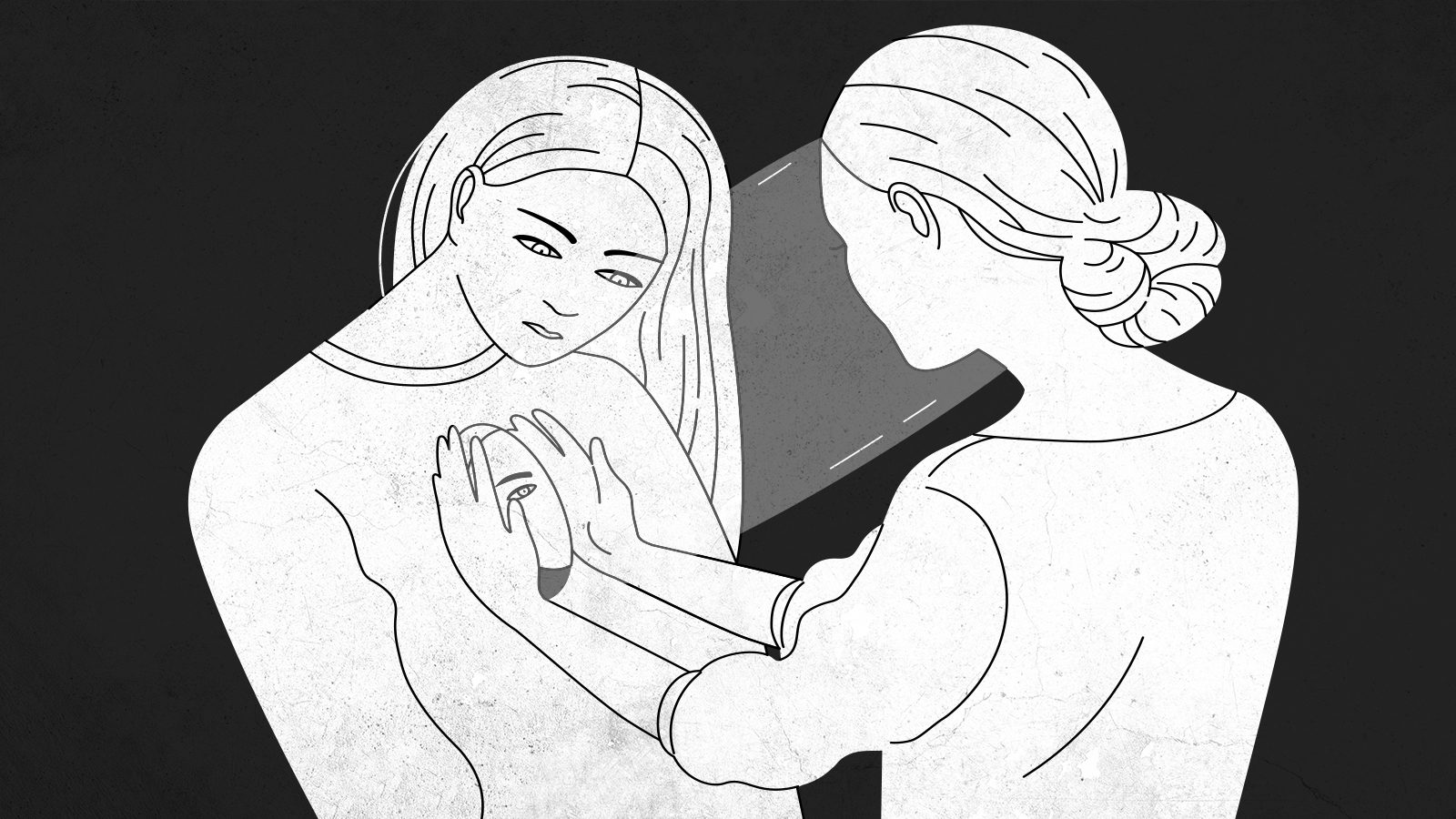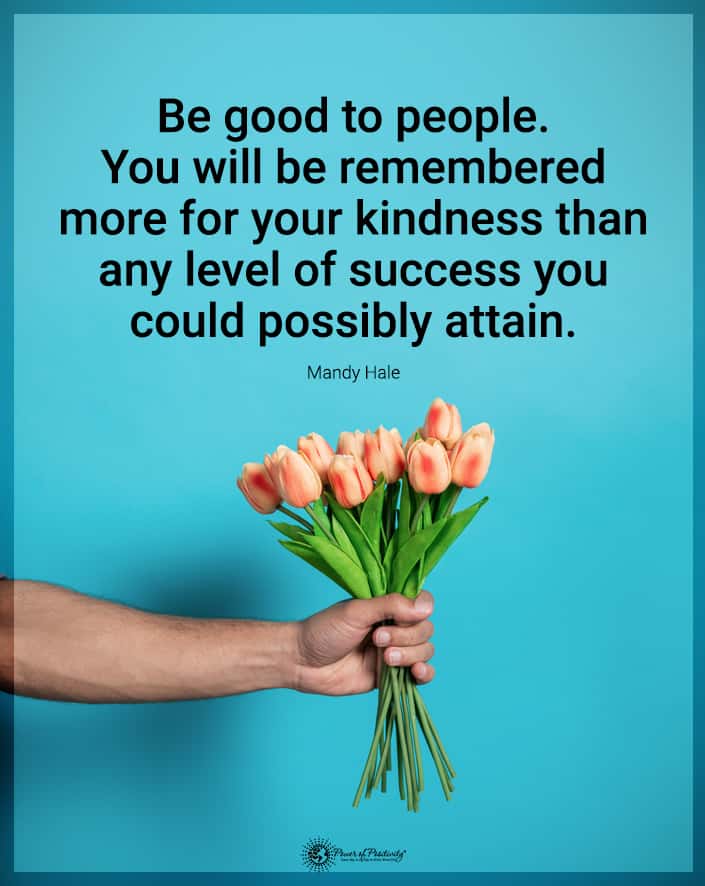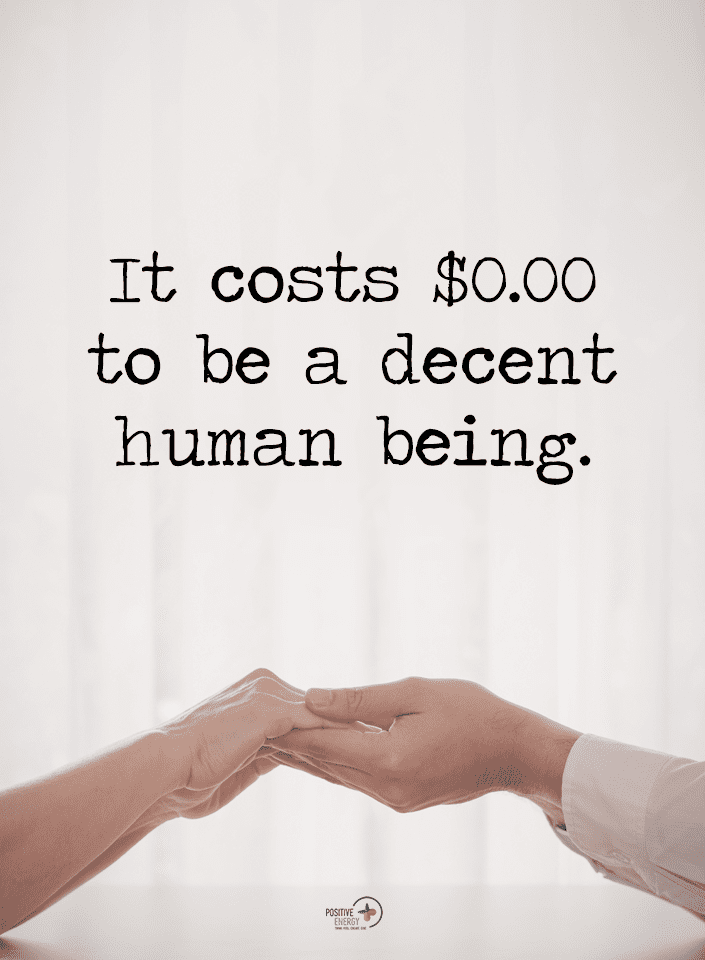If you’re empathetic, you know all about absorbing emotional pain when you try to help others. Do you have problems with simple tasks like watching TV or a movie? Being a physical empath can affect your emotional health, as you seem to catch other people’s fatigue, emotions, and illnesses.
You may suffer from “empathic illnesses,” which is common among highly sensitive people.” While the feelings and symptoms you experience are genuine to you, they belong to someone else. Have you ever heard of sympathetic pains?
During pregnancy, it’s not uncommon for the father to experience similar pains to that of his partner. It’s a phenomenon called Couvade Syndrome, and it affects more than 20-80 percent of expectant fathers. According to Frontiers in Psychology, psycho-social stressors and hormonal changes cause the man to feel similar pangs.
While a father may feel this during his partner’s pregnancy, a physical empath feels these sensations every time they get into a crowd of people. Going out to eat or to the movies can be a real challenge, especially when you’re a sponge absorbing the feelings and emotions of others.
Are You a Physical Empath?
A physical empath is different than a traditional empath who feels emotions. Here’s a little quiz that can help you see if you fit into this category. Ask yourself each of these questions, and how many “yes” or “no” answers you have will be the deciding factor.
1. Are you tired, sick, or overwhelmed in crowded social situations?
2. Do you often feel anxious or sick when you’re around someone anxious or ill?
3. Have you ever felt exhausted when you’ve been around someone who is acted angry or hostile?
4. Have you been to the doctor to run many medical tests only to find out that nothing is wrong with you?
5. Do others often call you a hypochondriac or say you’re too sensitive?
6. Have you ever sat by someone who appeared friendly and well-rounded, but you started having weird sensations and felt exhausted being next to them?
7. Do you suffer from chronic fatigue for which there is no medical explanation?
8. Does going out in public bother you so much that you would rather stay home alone?
How did you score? If you answered more than six of these questions with a “yes,” it’s a good indication that you might be a physical empath. Answering three or fewer “yes” questions means you’re likely not one of these highly sensitive people. Consequently, you don’t have to be an empath to be affected when you help others.
How to Help Others Without Absorbing Their Pain
Have you ever thought you were a hypochondriac because you frequently feel sick? Perhaps people have told you that you tend to exaggerate your health and wellbeing. Empaths often go to the doctor seeking answers to why they feel so sick.
Sadly, they often hear there’s nothing wrong with them, as this is not a condition that medical science fully understands. Realizing that you’re a physical empath can be quite eye-opening, as it can explain much of what’s going on in your life. Thankfully, you can learn coping skills and tricks to help you.
When you learn practical coping skills, you can still enjoy life and help others, but you won’t have these physical burdens. Here are some things for you to try.
1. Put Distance Between You and the Source
Did you know that if you distance yourself at least 20 feet from the suspected source, it can change everything? You’ll feel instant relief when you leave the oppression of the emotions attacking you. You don’t have time for these empathetic illnesses, so change seats, pick another lane, and find a way to distance yourself from the source.
2. Practice Meditation After You Help Others
Meditation is one of the best ways to counteract emotional or physical distress. Since you can meditate at work, at home, or in a public venue, these tricks can help you wherever.
If all else fails, find yourself a public bathroom where you can close the door and practice this ancient art. You want to focus on love, positivity, and purging those negative feelings to calm yourself. It only takes a few minutes to start feeling better.
3. Be Self-Aware
When you realize your triggers, you can easily remove yourself from the situation as an act of protection. Becoming self-aware allows you to acknowledge the emotions and feelings that aren’t healthy for you, and you can keep from absorbing them. When you help others, it’s pretty rewarding, but you need to learn how to separate their emotions and problems from you.
4. Learn How to Evaluate the Situation
Assume you’re out to dinner with your friends. You feel shaken and like you’re coming down with the flu. You felt fine until a gentleman came and sat behind you at another table.
Yes, you might be coming down with an illness. However, as a physical empath, you must realize that you could be absorbing the emotions of the person close to you. You must first determine if it’s your problem or someone else’s.
Get up and go to the restroom, or you should take a quick walk outside. Does the feeling leave when you remove yourself from the situation? If you feel remarkably better, it can be your absorbing someone else’s issues.
When you help others, you must learn how to evaluate the situation, as it can save you much heartache. Pinpointing where these negative emotions are coming from can help you find resolve.
5. Immerse Yourself in Water
Sure, you want to help others, but you must learn to release all this negative energy you absorb afterward. One quick way to eliminate some of these empathetic illnesses is to take a bubble bath or shower. This is an easy way to dissolve the stressors you’ve absorbed.
Why not add some Epsom salt or an herb, like lavender oil, to your waters? When you’re soaking in minerals, it can help you to purify and detox your body, which is going to make you feel so much better.
6. Learn to Say “No” if You Don’t Feel Able to Help Others
When’s the last time you told someone “no?” One of the reasons why so many empaths feel so overwhelmed is that you don’t know how to set boundaries for yourself. You can control how much time you invest in people who stress you out.
If you know that going to your sister’s house for a family gathering will cause significant physical discomfort, you have the right to refuse the invitation. You can gracefully decline things in life that make you feel uncomfortable. Highly sensitive people love to help others, but you must remember to take care of yourself first.
7. Recognize Your Vulnerable Points
While you want to help others, you must realize that you have vulnerable areas that you need to protect. When you’re stressed out, do you feel it in your gut, your head, or have digestive upset? Some people get headaches when experiencing empathetic illnesses, so you must learn the triggers to help you comfort the area.
Once you determine the area is being affected by the emotions of others, place your hand there. Now, think positive thoughts and radiate good energy to the site. It will provide comfort and soothe the most affected region.
8. Ground Yourself
Grounding techniques are beneficial for those who help others. Careers like doctors, nurses, psychologists, and other professionals dealing with people and their emotions must do these exercises. Grounding connects you back with the Universe and puts you on an even kilter.
One of the best ways to do this is to take off your shoes and walk outside barefoot. Walk around and feel the vibrations of the earth between your toes. You can feel the coldness of the planet penetrate your feet, and you can release some of your stress and negativity back into the earth.
According to an article on the National Library of Medicine, grounding is a great way to reconnect you with the earth. Some call this practice earthing, as you will absorb the electrons from the ground that can help heal physiological dysfunction.
9. Visualize A Glass Wall
Visualization is an excellent tool that highly sensitive people use for protection. Imagine an energy field surrounding you that others cannot penetrate.
Another way to do this is to imagine that there’s a glass wall you’ve built to protect yourself from negative energy. Now, picture adverse forces bouncing off you when it hits the wall or comes into your positive energy field.
Final Thoughts on How Empaths Must Engage in Self-Care When They Help Others
Helping others is always good, but when you’re an empath, you must learn how to overcome empathetic illnesses that can attach to you. By practicing these strategies, you can learn to create a safe space where you’re protected.
Sure, there will be times when you pick up on the pain and despair of others, but you will be better equipped to handle it. You can allow yourself to bloom and visit places you usually wouldn’t when you learn how to channel the negative energies that often affect you.

















 Community
Community

